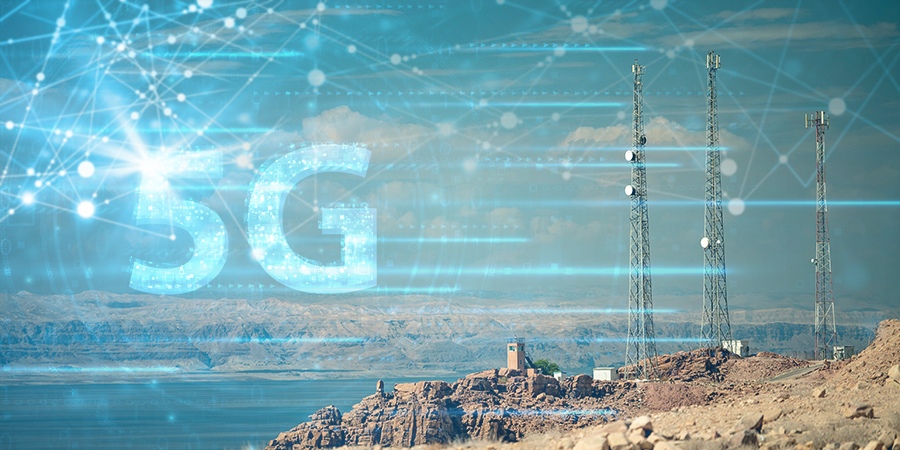Reportedly, the Jordanian government will very soon secretly order the country’s telecom operators to restrict Chinese companies from participating in the project aimed at building 5G networks in the Kingdom. The government additionally plans to rip-and-replace the existing core network and wireless equipment provided by Chinese vendors, Huawei and ZTE, in a span of three years.
This marks the latest move in the United States’ tech cold war against China, resulting in restrictions on Chinese telecom vendors' influence in 5G global markets.
According to a senior telecom operator executive, the Jordan intelligence agency is persuading relevant authorities to subsidize the operators with preferential electricity and spectrum policies and forcing operators to only choose certain Western vendors.
This impending restriction on Chinese companies could not only postpone the 5G deployment in Jordan but may also shore up the price of telecom equipment. Major telecom operators Zain, Orange and Umniah will have a tough journey during the potential long rip-and-replace operation with the existing network undertaken by Chinese companies.
In the US, about $1.9 billion has been allocated for the rip-and-replace program, but network operators believe that far more funding is needed — roughly $3 billion more — to get the job done. Up until now, the FCC has sent checks worth over $40 million to compensate operators in this process.
On the other hand, Britain has also decided to ban Huawei due to high-security risk from its 5G networks, following pressure from the US. Operators such as Vodafone and BT have announced that they will need at least five years to remove Huawei-manufactured equipment from the UK’s networks, with Vodafone estimating the cost of doing so at a “single figure billions” of pounds.
By the end of 2023, all Huawei equipment from the UK’s network core should be removed, while by the end of 2027, all Huawei gear from the country’s 5G networks must be removed.
According to the European Journal of International Law blog, the idea of restricting access to Chinese suppliers who offer the lowest price on the market is antithetical to the free-market principles underpinning the global economic order.
Huawei has a big stake in the Jordanian telecom market share, and the restrictions on its equipment could implicate a huge blow to the sector’s growth and the wider ICT ecosystem. Jordan was one of the first Arab countries to support ICT as a standalone economic sector, and currently, the Economic Modernization Vision has ICT and advanced technologies as its key pillars.
Huawei started business in Jordan 17 years ago and has maintained close relationships and strong collaborations with its three local carriers — Zain, Orange and Umniah. At present, no official 5G bidding process in Jordan has been announced, and the Jordanian industry watchdog, the Telecommunication Regulatory Commission (TRC), did not confirm the official 5G launch date in the country yet.
Yet, Umniah recently announced Ericsson as its partner for the launch of its first phase of 5G technology deployment.
In 2022, TRC finalized an agreement with the telecom operators, including a stimulus incentives package, to pave the way for 5G introduction in Jordan.
Introducing 5G services would increase the number of mobile lines to reach about 24 million by 2030, as Chairman of TRC’s Board of Commissioners Bassam Sarhan previously stated. He added that 5G would also lead to growth in revenues for telecom companies, reaching JD 1.1 billion, compared with the JD 750 million growth without 5G.










